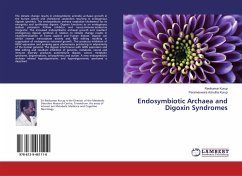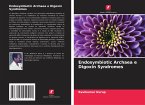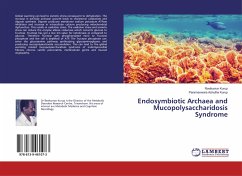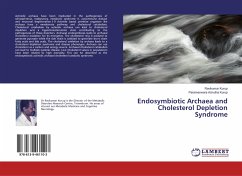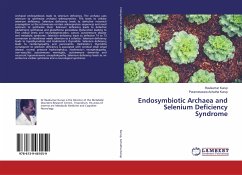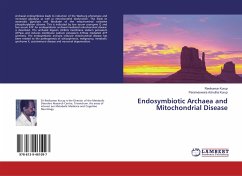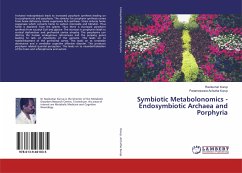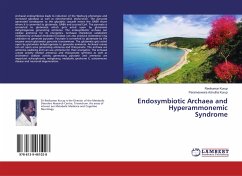The climate change results in endosymbiotic actinidic archaeal growth in the human system and cholesterol catabolism resulting in endogenous digoxin synthesis. The endosymbiotic archaea catabolize cholesterol for its energetics and synthesizes digoxin. Digoxin functions as an endogenous sodium potassium ATPase inhibitor and neuro-immuno-endocrine integrator. The increased endosymbiotic archaeal growth and resultant endogenous digoxin synthesis in relation to climate change results in neanderthalisation of homo sapiens and human disease. Digoxin can inhibit reverse transcriptase activity and RNA editing resulting in suppression of endogenous retroviral growth. This produces inhibition of HERV expression and jumping gene phenomena producing in adynamicity of the human genome. The digoxin interference with HERV expression and RNA editing and resultant inhibition of genomic, metabolic, neural and immune diversity produces autoimmune disease, cancer, metabolic syndrome, degenerations,schizophrenia and autism. A new endosymbiotic archaea related hypodigoxinemic and hyperdigoxinemic syndrome is described.
Bitte wählen Sie Ihr Anliegen aus.
Rechnungen
Retourenschein anfordern
Bestellstatus
Storno

